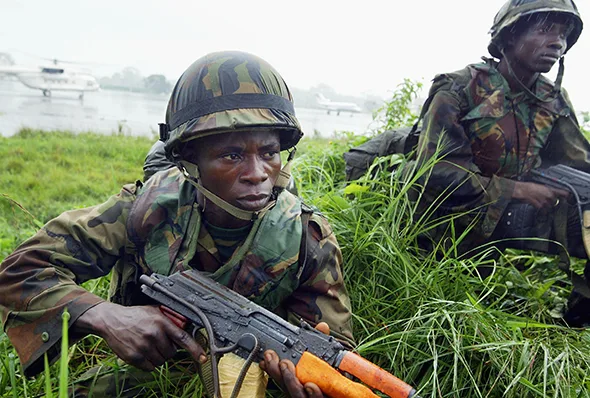A devastating firefight near the Burkina Faso border has left at least 15 Nigerian soldiers dead and 16 injured, according to a report from Nigeria’s defense ministry on Tuesday, July 23. The brutal encounter highlights the persistent security challenges facing Nigeria and its neighboring countries, Mali and Burkina Faso.
The Sahel region has become a battleground for extremist groups linked to al-Qaeda and ISIS, who have steadily expanded their influence since 2012. The resulting violence has claimed thousands of lives, displaced over 3 million people, and created a dire humanitarian crisis.
This latest attack comes just weeks after a similar incident in the Tillaberi region killed 20 soldiers and a civilian. Despite large-scale military deployments and promises to bolster troop numbers, the fight against the insurgency appears far from over.
Frustration over the government’s inability to protect civilians has contributed to a wave of military coups sweeping across the region. Nigeria’s military leadership has shaken up international partnerships, seeking closer ties with Russia, Iran, and Turkey while asking France to withdraw its troops.
The long-term implications of this shift in alliances for regional security remain uncertain. As the fight against jihadism in the Sahel continues, the human cost mounts, serving as a grim reminder of the ongoing struggle for stability in a region under threat from violent extremism.










